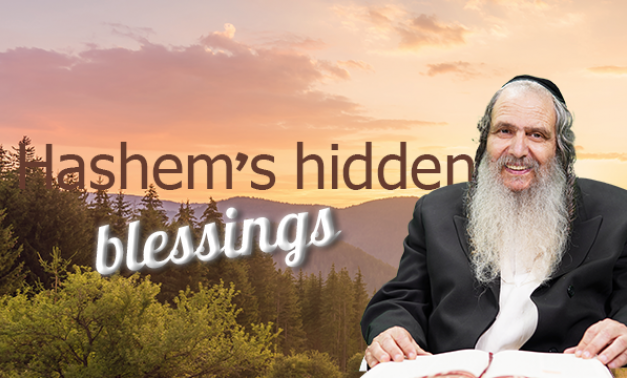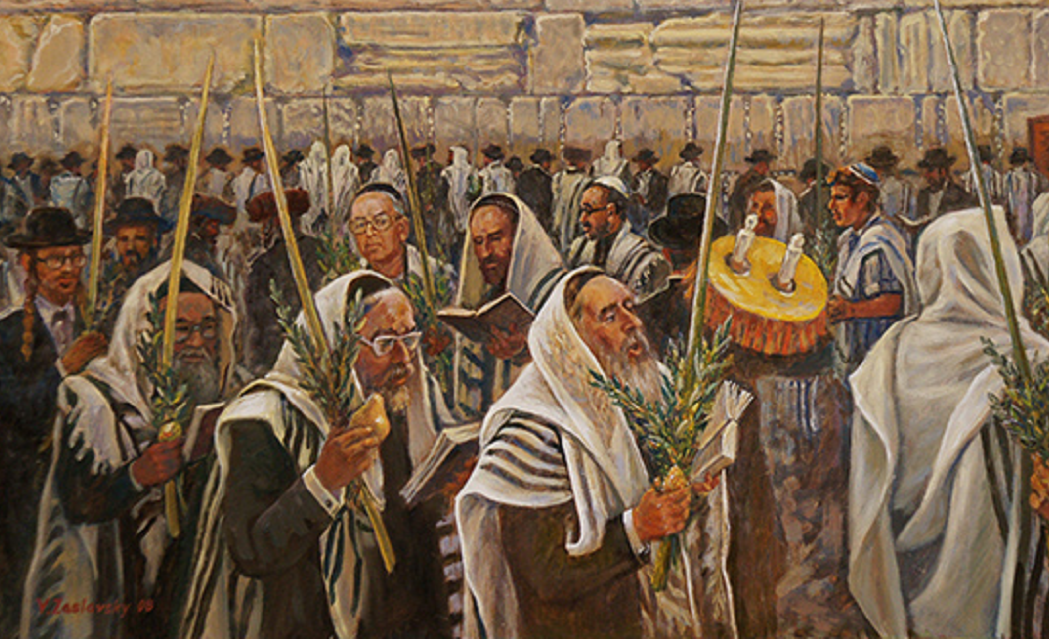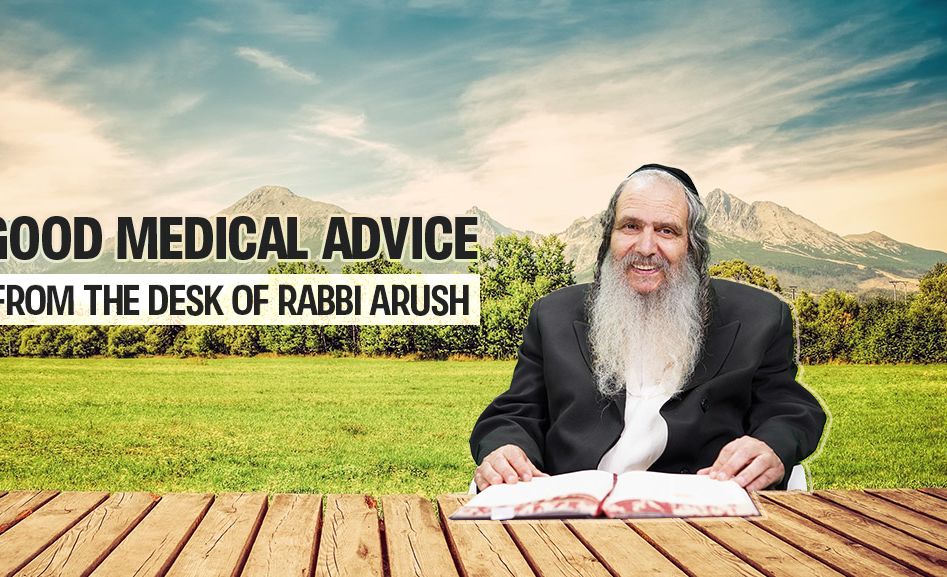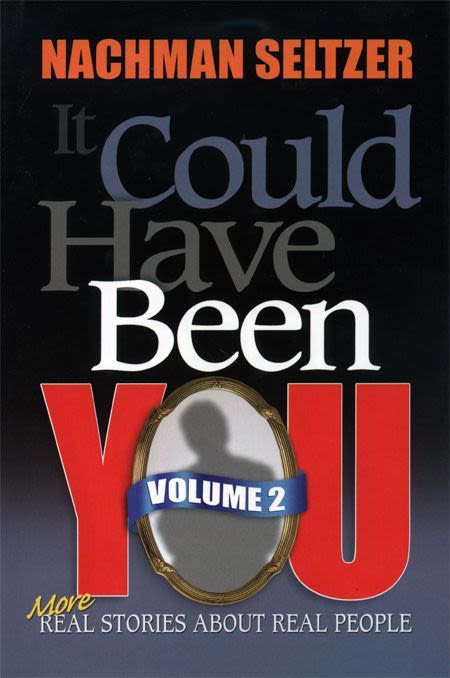
There’s No Concealment
If we truly know that there is no one other than Hashem and that everything is from Him, then there's no concealment! How?

So he told her that her father is very sorry, and has been searching for several years…
One must know that the disappearance of emuna within a person is Hashem’s greatest sorrow. Even if a person is suffering from a temporary setback in Torah learning, experiencing difficulty in performing a certain mitzvah, or fighting what seems to be a losing battle with a bad habit or bodily urge, as long as he or she clings to the emuna that everything is for the best – and continues to talk to Hashem about all these difficulties – Hashem doesn’t have sorrow from that person.
But, when someone has trials, tribulations, and setbacks while disregarding Hashem and blames the whole world for his or her troubles, then Hashem is much more disturbed by the absence of that person’s emuna than by his or her difficulties and failures.
Whatever happens to a person must happen; the test is whether that person will cling to the emuna that everything is from Hashem and for the very best. Indeed, Hashem’s entire desire in creating the world is that people believe in Him, speak to Him, ask Him for all their needs, and learn that everything He does is for the very best. The objective of life’s tests is to bring us to this end – to speak to Hashem and to believe in Him. When a person suffers, yet fails to recognize the Divine providence and fails to believe that everything is for the best, then he has suffered for nothing. Even worse, when he doesn’t seek Hashem’s help or seize the opportunity to get closer to Hashem, then his suffering becomes a ruined opportunity and therefore pointless. Pointless suffering causes sorrow to Hashem. Hashem wanted the person to use the difficult situation as a growth opportunity. But, when a person fails to seek Hashem and emuna, the golden growth opportunity is wasted and turns into pointless suffering.
The World is Full of His Glory
If we truly know that there is no one other than Hashem and that everything is from Him, then there’s no concealment! How? Any concealment or apparent disappearance of Hashem is within a person’s cognizance. If a person sees Hashem in everything, then where’s the concealment? It doesn’t exist! Hashem is everywhere all the time!
One must believe that Hashem is everywhere. Nothing is random in the world, but precisely directed with no mistakes. On the contrary, everything little occurrence in our lives is a tailor-made garment that fits us perfectly, designed to help us do our task in the world and to correct what needs correcting.
For a person to escape the darkness of concealment, there’s no other choice but to tirelessly seek emuna. In reality, concealment is none other than a blemish in spiritual awareness and a figment of a person’s mind. The only way to end the concealment is to pray for emuna and beg Hashem for spiritual awareness, to know that Hashem is everywhere and doing everything for the very best. The more one prays to Hashem, the better one gets to know Hashem. When we get to know Hashem and attain real emuna, there is no more concealment.
One must believe that Hashem is everywhere.
And he asked, “How can I get you out of here?”
Here the viceroy made a mistake. If he were a commando on a mission, his commander would have growled, “What are you asking questions for? You found her? Grab her and run! Complete the mission! Just as the obstacles didn’t deter you on the way in to the castle, they shouldn’t deter you now on the way out.” During the debriefing, the viceroy would have been reprimanded for not grabbing the princess’s hand and trying to escape.
Asking needless questions is an indication of incomplete emuna. Even our forefather Abraham asked a question that was superfluous for a tzaddik of his lofty spiritual level (see Bereishit, chapter 15): “Hashem, how will I know that I will inherit the land?” Shortly thereafter, Hashem tells Abraham that his offspring will be slaves in a foreign land. Our sages tell us that the outcome of Abraham’s sliver of doubt and his question was the bondage of his offspring in Egypt. Here in our tale as well, a moment of doubt and hesitation causes a lengthy delay in the redemption of the lost princess.
To be continued.














Tell us what you think!
Thank you for your comment!
It will be published after approval by the Editor.